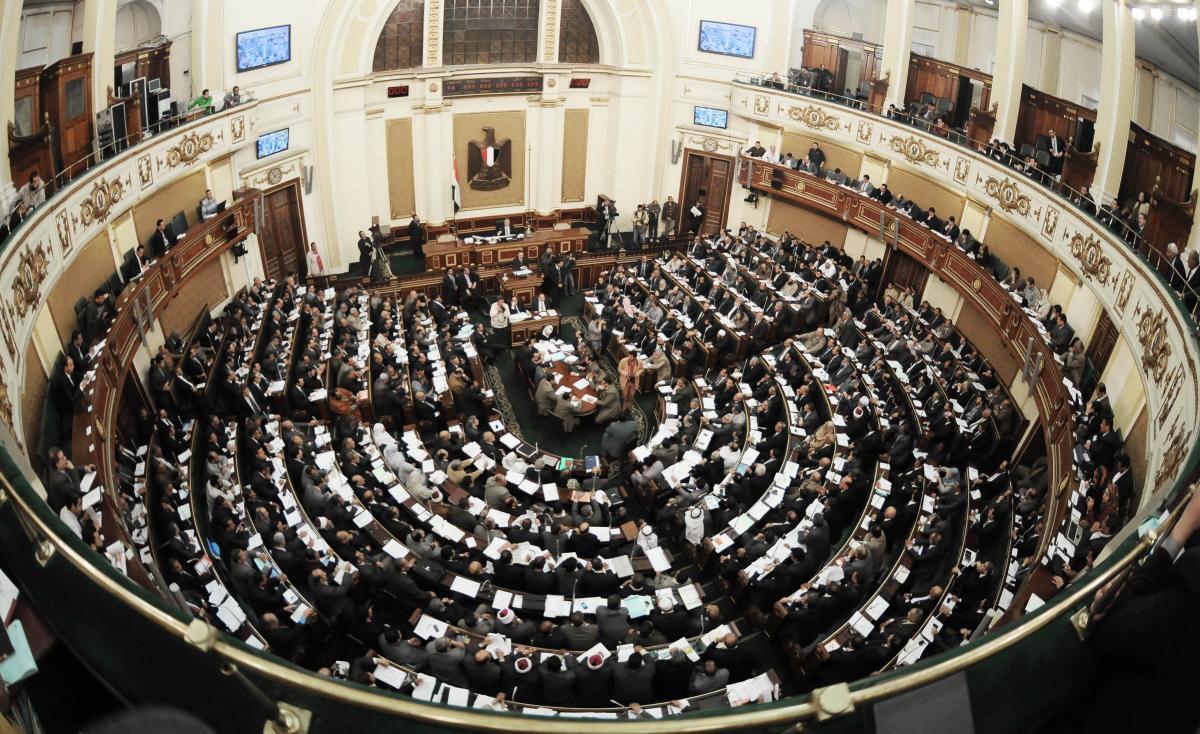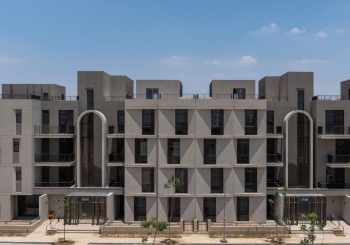Egypt’s House of Representatives gave its vote of confidence, by overwhelming majority, to Prime Minister Sherif Ismail’s cabinet on Wednesday.
433 (91 percent) of Egypt’s members of parliament voted in favor of the cabinet’s program, while 38 parliamentarians voted against it and a mere five abstained from casting their vote.
Ismail presented the government’s program to the country’s House of Representatives on March 27.
According to Egypt’s 2014 constitution, the government’s program must gain a vote of confidence from the majority of the members of parliament. If the government fails to gain a majority vote within 30 days, the president must appoint a new prime minister, nominated by the party or bloc of parties holding the highest number of parliamentary seats. If the second cabinet also fails to secure the vote of confidence, the House of Representatives is to be dissolved.
The policy statement of Prime Minister Sherif Ismail’s government had been expected to be voted through as most of the MPs previously had stated they would endorse the program, but only because there was a lack of consensus on what an alternative government would look like, according to state-owned Ahram Online.
The grave economic situation that Egypt finds itself in has also been a reason for why the majority of MPs were expected to vote in favor of the program.
When Ismail delivered his government’s program before the parliament he summarized it in seven points: “Safeguarding national security, reinforcing democracy, devising an economic programme prioritising growth, achieving social justice by improving public services, administrative reform through fighting corruption, promoting transparency, and strengthening Egypt’s role in the region.”
On the issue of the economy, he highlighted Egypt’s depleting foreign currency reserves, while pointing to a modest decrease of the budget deficit.
He also outlined his government’s vision for running the country, including a “serious commitment” to the reform process on the political, social, environmental and administrative levels; following a “scientific method” and implementing innovative ideas to face the country’s challenges, which will force them to take “long-postponed decisions”; a promise that any economic decision will be accompanied by programs for social protection that the government will ensure is reaching those in need; taking seriously the issue of corruption and “working hand-in-hand” with regulatory apparatuses; finding a solution for bureaucracy; and placing the satisfaction of Egyptian citizens “at the heart of the government’s program,” which will address the populace’s main concerns, including education, health services, and housing.
Ismail was appointed Egypt’s prime minister in September 2015, after Ibrahim Mehleb’s cabinet resigned without an explanation.
The government’s 2016/17 draft budget, which was approved by president Abdel Fattah Al-Sisi in late March, is to be discussed in parliament next week.






Comments (0)